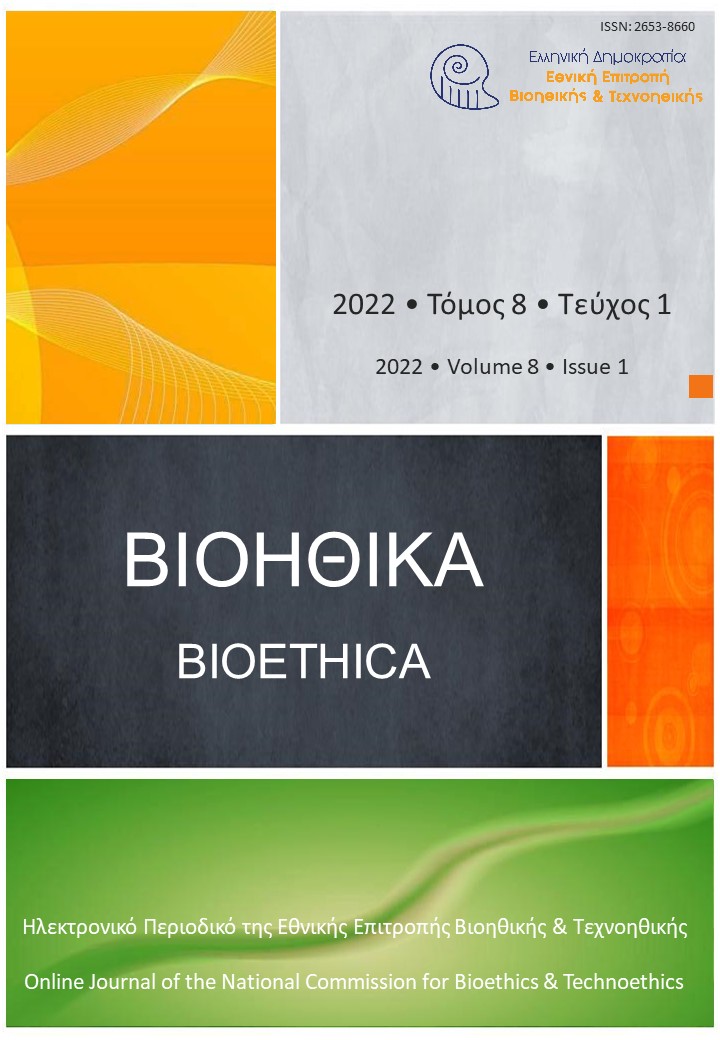Protection of medical data within the scope of the Law on Protection of Personal Data
Аннотация
As a result of non-stop developing technology, each corner of our lives become more and more reachable. Although privacy has always been very valuable and modern laws has taken steps to provide security of privacy, nowadays it takes only some seconds to reach the surname, workplace, the address etc of a person; even of a family. Although some may believe sharing information is harmless, from spam emails to obsessive stalking there is not an actual limit of what can be done with wrongly accessed personal data.
When having frequent commercial calls from firms or missing your important mails because of the commercials that fill your mail box, we experience that even the slightest privacy violation can be very annoying. However some personal data are exactly what people face discrimination of. In todays world it is common to see people are discriminated due to their religion, sexuality, politic views, past convictions and even due to their health conditions. The results of discriminations may vary from not being included to social life to mobbing at work; in some extreme cases it may even put the persons life at risk by making them a target. Considering the possible risks and the easiness to reach, as technology has been developing constantly, the need for data protection is more visible than ever. This article aims to explain the protection of medical data in Turkish Legislation by focusing on Law on Protection of Personal Data.
Article Details
- Как цитировать
-
Çiftçi, Özge D. (2022). Protection of medical data within the scope of the Law on Protection of Personal Data. Bioethica, 8(1), 66–73. https://doi.org/10.12681/bioeth.30544
- Выпуск
- Том 8 № 1 (2022): Bioethica
- Раздел
- Reviews

Это произведение доступно по лицензии Creative Commons «Attribution» («Атрибуция») 4.0 Всемирная.
Authors who publish with this journal agree to the following terms:
- Authors retain copyright and grant the journal right of first publication with the work simultaneously licensed under a Creative Commons Attribution CC BY 4.0 License, which allows for immediate free access to the work and permits any user to read, download, copy, distribute, print, search, or link to the full texts of articles, crawl them for indexing, pass them as data to software, or use them for any other lawful purpose. Appropriate credit must be given by citing the author(s) and the original publication in this journal.
- Authors are able to enter into separate, additional contractual arrangements for the non-exclusive distribution of the journal's published version of the work (e.g. post it to an institutional repository or publish it in a book), with an acknowledgement of its initial publication in this journal.
We encourage authors to deposit their articles, as well as data underlying the publications, in institutional and/or other appropriate subject repositories.
Bioethica permits and encourages authors to archive the final publication pdf in institutional (e.g. the repository of the National Hellenic Research Foundation) or other appropriate subject repositories (e.g. SSOAR repository for social sciences), in compliance with institutional and/or funder open access policies, after publication in the BIOETHICA. Authors must provide bibliographic details that credit publication in the journal, as well as related funding details (when applicable).
Lists of institutional and other subject-based academic open access repositories can be found listed by country at the registry http://opendoar.org/countrylist.php
If your institution does not possess a repository you may deposit a copy of your paper at no cost with www.zenodo.org , the repository supported for open access research in the EU by the European Commission, through the project OpenAIRE (www.openaire.eu )



